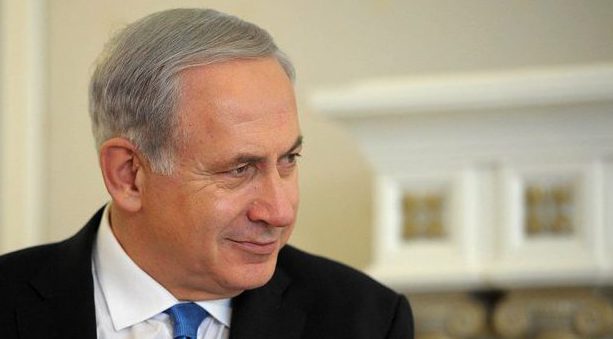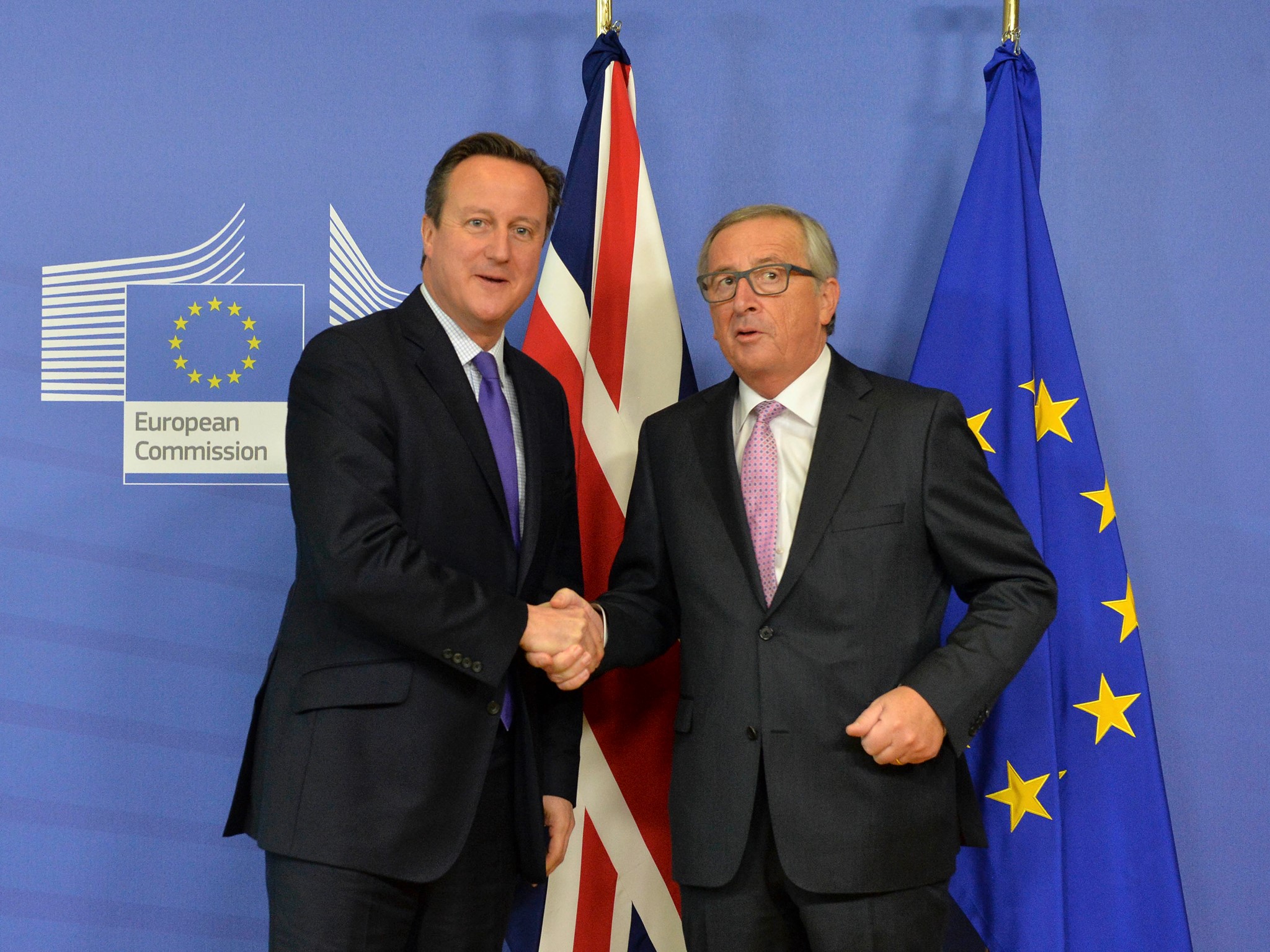On Wednesday, May 4, 2016, Israeli Prime Minister Benjamin Netanyahu accepted an invitation to open a permanent office at NATO Headquarters in Brussels. This represents a significant upgrade in Israel’s relationship with NATO, especially since Israel has previously only been a partner in NATO’s Mediterranean Dialogue and designated by its members (most notably the United States) as a key non-NATO ally. While Israel’s Ambassador to the European Union, David Walzer, has also been serving as a representative to NATO, until now the Israeli mission has not received official recognition.
The invitation can be seen as a sign of warming relations between Jerusalem and Ankara, coming some five years after Turkey’s move to block Israel from establishing an office at NATO in 2011 in the aftermath of the 2011 Gaza raids. Turkey ultimately rescinded its veto in 2012 as a result of heavy pressure and desire for reconciliation. The more recent push to re-establish close ties may also be due to the concurrent threat to both nations arising from the Syrian conflict on their borders, the rise of the Islamic State, and the increasing threat posed by Iran.
The Israeli Foreign Ministry commented that the “announcement comes after lengthy Israeli diplomatic efforts by the Foreign Ministry, the Defense Ministry and the National Security Agency. Israel wishes to thank its allies in the organization for their support and efforts on the issue.”
Netanyahu welcomed the invitation in a weekly cabinet meeting, calling it an “important step” that will enhance Israel’s security. “It is further proof [of] the status of Israel and the willingness of many organizations to cooperate with us in the field of security,” he said. The Prime Minister marks it as a milestone in Israeli foreign policy, especially as it is “an important expression of Israel’s standing in the world. The countries of the world are looking to cooperate with us due to … our determined fight against terrorism, our technological know-how and our intelligence services.”
Currently, NATO’s founding Washington Treaty requires the Alliance to defend member nations – but not partners – militarily. Article 5 defines collective defence as the consideration of an attack against one Ally as an attack against all Allies, committing member nations to a spirit of solidarity and protection. With the stipulation of the threat of terrorist attacks as one of the key risks affecting NATO’s security in the Alliance’s 1999 Strategic Concept and the mobilization of Article 5 for the first time in the aftermath of the brutal terrorist attacks on the United States on September 11, 2001, it is clear that counter-terrorism initiatives serve as the Article’s primary purpose.
While having an office at NATO headquarters does not make Israel a NATO member, if partnership were to ultimately give way to membership, then Israel’s integration into NATO could carry serious implications for its regional security status against surrounding terrorist organizations, most notably the Hamas terrorist organization occupying the Gaza strip.
The Israel Defence Forces’ (IDF) attacks on Hamas bases in Gaza in response to Hamas’ attacks on Israel – most notably its launching of rockets into heavily populated areas and commending of violent killings – has been a source of widespread controversy. On the same day that Netanyahu accepted NATO’s proposal to establish a permanent office in Brussels, the IDF shelled Hamas military posts as a response to the firing of mortar shells at IDF soldiers doing engineering work near the border fence and two explosions near Saja’iyya.
The strengthening of Israeli-NATO ties will likely enhance the former’s image as a strong and powerful ally both regionally and on the international stage. However, it is less clear as to whether these depictions will aggravate an already contentious image of Israel as an aggressor state or work to soften them. The consequences of a partnership will undoubtedly influence the outcome of a future pledge for membership, likely because of the Article 5 implications that would follow Israel’s acceptance into NATO.
Image courtesy of Kremlin.ru (Wikimedia).
Disclaimer: Any views or opinions expressed in articles are solely those of the authors and do not necessarily represent the views of the NATO Association of Canada.




